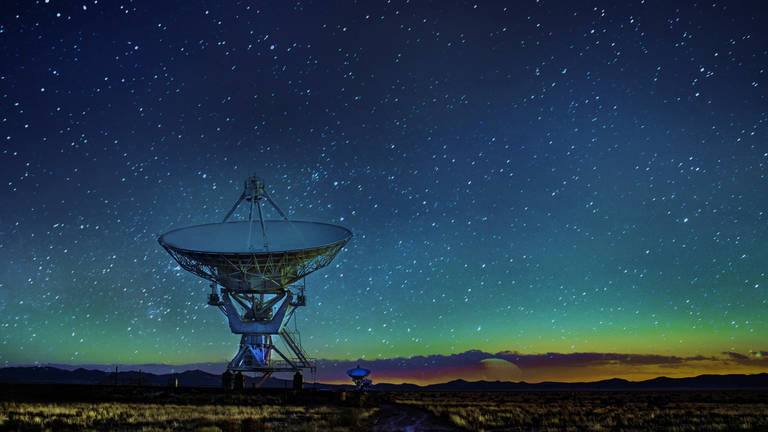
On March 27, 2020, OneWeb filed for bankruptcy two months after the UK government and an Indian group called Bharath Enterprise bailed it out offering $500 million each. This bailout attracted additional investment in OneWeb in a effort to keep the company alive for a few more years. But with giants like SpaceX, Amazon, Apple, and even Facebook competing in the market, why is OneWeb even trying?
Of course nobody want to see OneWeb fail the competition since having multiple options in the market is always something good for the consumer. However, the opportunities for OneWeb in the satellite business are not the best. Let's take a look at how OneWeb got to where it is today and why they are at a disadvantage to OneWeb.
Back then, most of the early employees were extremely talented individuals who left Google to try their own company. However, being talented was not their only advantage. OneWeb was quickly building partnerships with leaders in the space. In November 2014, news revealed that OneWeb was trying to secure a partnership with SpaceX, the companies have been looking to build a massive plant together that could produce large-scale, low-cost satellites. but no deal is likely because of Musk's plan for Starlink network.
Thus, OneWeb tried to receive bids from some other prestigious companies including Airbus and Lockheed Martin. In the meantime, they also added two prominent investors, the Verizon Group and Qualcomm. These new partners and investments would allow OneWeb to expand their satellite vision to 720 satellites in orbit. At the end of 2016, Softbank would also invest a whopping $1 billion and take over 40% stake in the company. At the time, all the hype seemed justified.
In February of 2017, OneWeb announced that they had already sold out almost all of their communication capabilities. So, they expanded their plans, adding 1972 more satellites. So far everything was just plans, and OneWeb did not launch a single satellite yet. But things changed in February 2019, when OneWeb launched six experimental satellites on a Soyuz rocket.
However, After this beta launch OneWeb did not launch again for a full year with the next launch in February of 2020. They had it on the plan to go ahead and do another launch again in March of 2020, but as we discussed at the beginning, it is the time when they filed for bankruptcy. The pandemic created massive uncertainty in the investment world and OneWeb investors were not willing to pour more money.
All that said, if the stellar cluster does not generate enough demand or if they have some kind of technical failure within their cluster, the investors will realistically give up soon.
Another major drawback of OneWeb is an uncertain track record history. In general, satellite internet is by no means a new idea. So many companies have been trying to launch satellite internet but failed for decades.
A perfect example is Teledesic, a project backed by Bill Gates and cellular phone industry, Craig McCaw. As the people behind the project, Talodesek was easily able to bypass funding and regulation. However, after seeing lackluster demand for satellite services, Teledesic shut down in the early 2000s. Uranium Communications was another satellite service company that filed for bankruptcy in 1999 long before the dotcom bubble burst. Many people doubt that even SpaceX and Amazon can succeed in providing the satellite internet. However, whether they do or not, there is no doubt that this has been a difficult journey for them too.
This uncertainty is magnified when we take a look at a startup like OneWeb. OneWeb does not seem to stand a chance when all this criticism is perfectly fair and accurate. OneWeb competing against SpaceX and Amazon is essentially futile which is why they did not target this market in March 2021.
OneWeb announced that their primary target audience is mobile network operations, governments, and corporate groups. By avoiding the large consumer market, OneWeb can largely avoid direct competition against SpaceX and Amazon. Furthermore, by targeting commercial customers, OneWeb can reduce their customer base to a few more paying customers which could be much easier to deal with than 10 million ordinary consumers.
In conclusion, OneWeb really does not shine in any category that needs vertical integration or mission-mobility or tens of billions to burn through the history of failed satellite companies. Instead, by focusing on niche commercial customers which other market players do not care about, OneWeb will have some chance for success. Whether or not their plan can be thoroughly executed though, is something that we still have to wait and see.









